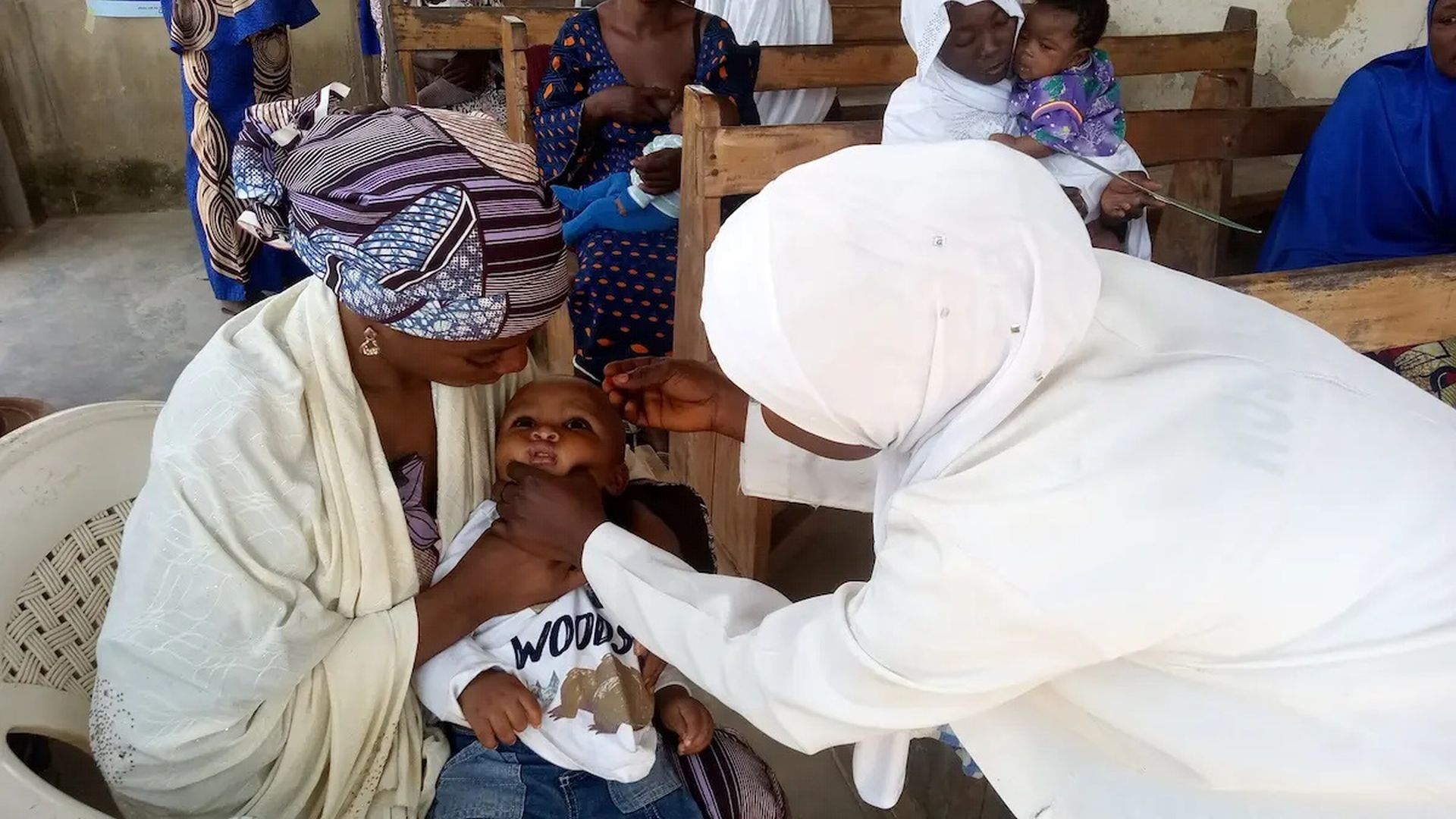Poor sensitization affecting Universal Health Coverage
Series of town hall meetings and media engagements organized by Civil Society Organizations on the new National Health Insurance Authority Act revealed that despite the benefits contained in the Act, the number of persons enrolled in any form of pre-paid insurance in Nigeria is still very low. Beneficiaries of such town hall meetings confirmed that […]

Series of town hall meetings and media engagements organized by Civil Society Organizations on the new National Health Insurance Authority Act revealed that despite the benefits contained in the Act, the number of persons enrolled in any form of pre-paid insurance in Nigeria is still very low.
Beneficiaries of such town hall meetings confirmed that the NHIAA contains a lot of benefits which they are not aware of. The NHIAA was enacted on May 24, 2022 with a major objective of making health insurance mandatory for all residents of Nigeria. The Act is expected to improve poor coverage of Nigerians under the pre-existing National Health Insurance Scheme as well as cushion the effect of out of pocket expenses amongst citizens of Nigeria.
However, it appears beyond the enactment of the Act, not much have been done to enforce its implementation. Currently, the knowledge of this new act solely rests within, the health insurance professionals, workers in the formal sector and Civil Society Organisations. It is safe to say that 90 per cent of the population is not aware of the new Act.
Meanwhile, the communication and marketing priority of the NHIS strategic plan entails that the NHIS develops and implements strategic marketing and communication plan to increase public awareness. The major activities of the strategic plan include conducting advocacy and sensitization meetings, and public enlightenment campaigns on increasing public awareness on health insurance through multiple communication channels in all states and zones; facilitate development/review of advocacy kits, IEC materials, regular media dialogue and engagement of interest groups.
In the 2023 budget, the sum of N297, 219,120 was proposed for the National Health Insurance Scheme. The amount was captured as Elderly Health Insurance Coverage Intervention but the direction for the application of such fund, is not clear. A critical look at the amount shows it is too meager to serve the purpose of enrolling or covering the large population of elderly citizens across the federation. It is also not clear, if the amount serves the purpose of the federal government’s takeoff grant for the Vulnerable Group Fund as provided in section 25 of the National Health Insurance Authority Act.
Section 25 of the Act mandates the federal government to set aside a fund, known as Special Intervention Fund to cover insurance payments for the vulnerable group, which includes, the aged, children under 5, mentally unstable and the indigents.
It is, however, clear that the budget does not contain provisions for sensitization, or awareness creation on the new law which makes for mandatory enrollment of Nigerians under the health insurance scheme. This implies that beyond the continuous intervention of Civil Society Organisations to sensitise the public on the need to enroll in the health insurance scheme, the government is not committed in playing such roles.
Government’s intervention in awareness creation and sensitization is more sustainable and goes with laudable impact compared to efforts already being made by non state actors.
The sensitization of citizens requires a step by step approach on how the NHIS works, and the modalities for registration to partake in the scheme. The citizens also require information on contributions to the scheme, such as co-payments required from employees and employers in the formal sector. For citizens outside the formal sector, there is need to sensitize them on the categories of health insurance coverage available to them; coverage’s such as the private citizen insurance, group health insurance, vocational and community based insurance schemes is worthy of their mention. The treatment plans and cost implications offered under the health insurance scheme would also be of great interest to the citizens. Other areas requiring awareness include quality assurance of health services offered under the health insurance scheme and the role of managed care services, provided by the Health Maintenance Organizations.
Having highlighted the above, the cost benefit analysis between health insurance coverage and out of pocket services must be clearly outlined. Most participants in the town hall meetings attended confirmed that out of pocket payment expenses on health care services are beyond their reach especially with the prevailing economic situation of Nigeria. It contributes extensively to starvation in the family and in most cases affects the education of their children. This presents a low hanging fruits for the government and all stakeholders to commence massive campaign and awareness on the NHIA. Knowing the benefits, residents of Nigeria would readily avail themselves for enrollment. Lack of awareness of the citizens, especially the vulnerable group, is a violation of their fundamental human rights and privileges provided for them under the new law. To achieve this, the government must set out fund for sensitization in the proposed 2023 budget and mandate relevant agencies in the health sector to kick start sensitization, awareness creation and enrollment of citizens in line with the provisions of the Act.
Emejuiwe works with Centre for Social Justice
